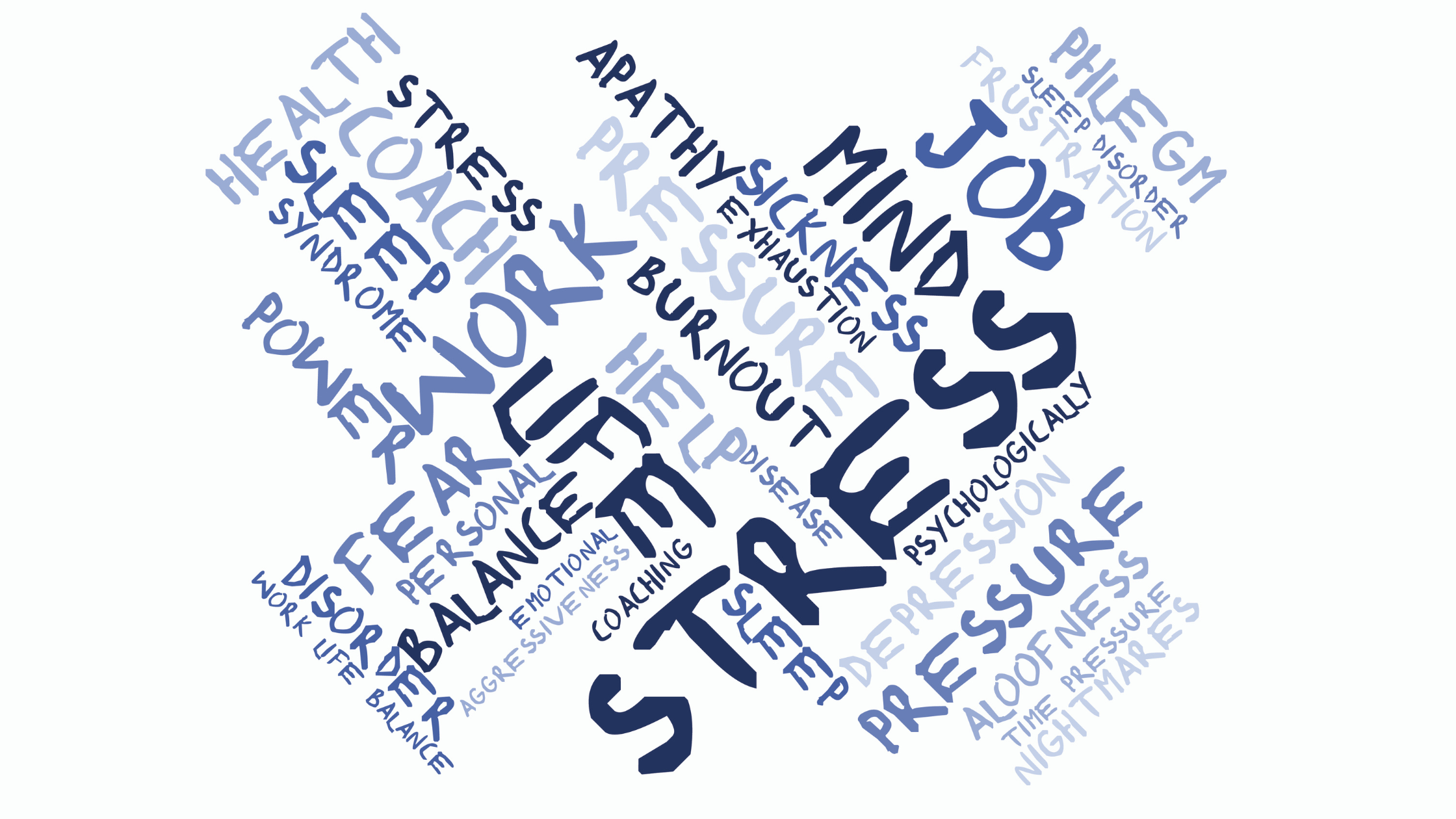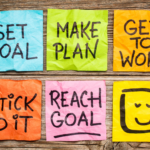
Harnessing the Power of Brain-Based Leadership
Learn the 4 Core Qualities of Brain-based Leadership and Why It’s Essentials for Your Company’s Success

“A genuine leader is not a searcher for consensus but a molder of consensus.” –Martin Luther King Jr.
Brain-based leadership focuses on neuroscience, cognitive psychology, and behavioral science, to understand the factors that influence the way people think, feel, and behave in the workplace. This knowledge can be used to design work environments and processes that are more conducive to effective decision-making, problem-solving, and collaboration.
Qualities and Practices of Brain-based Leadership
A. Understand and Work in Line with Innate Patterns:
For example: the brain has different modes of operation, such as the “default mode” associated with daydreaming, and the “task-positive network” associated with focused attention. By understanding these different modes, leaders can create work environments that are more conducive to focused attention and problem-solving.
Another technique that can be applied here is to organize work schedules and task assignments in a way that takes advantage of the brain’s natural rhythms. For example, scheduling important or complex tasks during times when the brain is most alert and focused, such as early in the day or after a break, can help to improve productivity and performance.
B. Emphasis on Information-Processing:
Leaders who understand this can use this knowledge to design communication and information-sharing processes that are more effective.
One technique to achieve this, is to break down complex information into smaller, more manageable chunks, and use visual aids such as diagrams, charts, and images to help convey the information. This can make it easier for the brain to process the information and retain it over time.
C. Development of High Emotional Intelligence:

D. Emphasize Employee Balance, Wellbeing, and Empowerment:
Brain-based leadership also involves fostering a sense of autonomy and empowerment among team members, by giving them the freedom to make decisions and take ownership of their work, it allows the brain to engage in a process called self-determination which is crucial for engagement and well-being.
Key Takeaways
Next steps to consider
Experience the extraordinary with our groundbreaking neuroperformance programs. Over the course of just 12 weeks, witness a remarkable transformation that permeates every facet of your life: career, daily performance, health, wellness, cognitive function, habits, relationships, energy, and personal and spiritual growth. What sets us apart is our unwavering focus on the brain as the ultimate catalyst for change.
Unleash your full potential as we guide you through a journey of learning, self-discovery, and profound metamorphosis into your highest self. To witness the magic firsthand, explore our home-page brimming with captivating videos that promise to inspire and revolutionize your life. Take the first step today and embark on the path to unlocking your true potential. Explore our programs now.
Join our Alive Mindful Optimist Newsletter
Receive our Modern Day Stress Warrior Series & Mindfulness handouts as our gift to you.



















